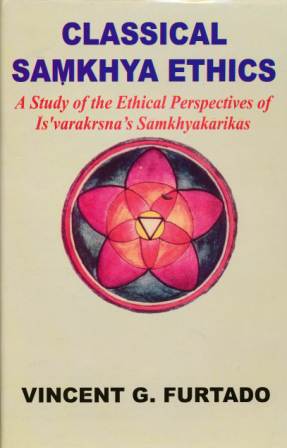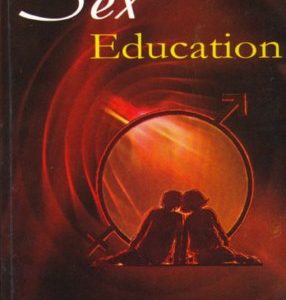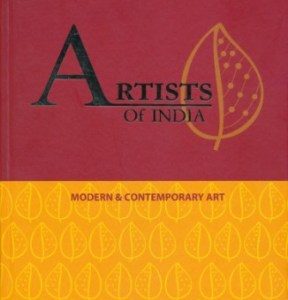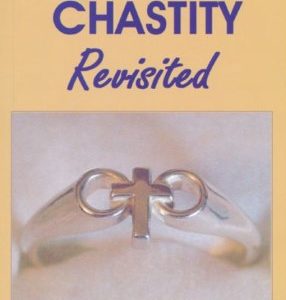Description
CLASSICAL SAMKHYA ETHICS
A Study of the Ethical Perspectives of Is’varakrsna’s Samkhyakarikas
In this book the author investigates the Samkhya Karikas of Ifcvarakrsna and tries to develop nuances of an Indian Philosophy of action and investigates the problematic of ethical action. He comes to the conclusion that the Samkhya ethics is esoterico-teleological in nature, founded on the fundamental presupposition of belief in samsara. The Samkhya Ethic is oriented towards the perfection of human personality, the concept of perfection being defined in terms of liberation of Consciousness from the Materiality. The state of perfection has all the attributes of a genuine mystical state: when tie discjiminative knowledge dawns, the buddhi intunus the Spirit as “divine”, a state totally divested of all that is profane, material, mundane and temporal.
Table Of Contents
PREFACE
ABBREVIATIONS
1. INTRODUCTION
1.1 The Samkhyakarika and its Commentaries
1.2 The Presuppositions of classical Samkhya’s Moral Thought
1.3 Observations on Isvarakrsn’s methodology
2. THE QUESTION OF MORAL AGENT
(Kartr.prasna)
2.1 The Nature of the Transmigrating Agent:
The Subtle Body (linga-sarira)
2.1.1 The Fact of Transmigration
2.1.2 The Nature of the Subtle Body
2.1.3 The Identity of the Subtle Body
2.2 The Nature of the Moral Agent
2.2.1 The Analysis of the Contents of the karikas
2.2.2 Relevant Reflections from the Commentaries
2.2.3 Observations Regarding samyoga and Bondage
88
2.2.4 Observations Regarding the Moral Agent
3. THE QUESTION OF MORAL ACTION
(Kriyaprasna)
3.1 The Samkhya Conception of Human Action
3.1.1 The Philosophy of Action
3.1.2 Human Action and its Ethical Dimensions
3.1.3 The Epistemological Character of Human Action
129
3.2 The Samkhya Conception of the Moral Action
137
3.2.1 The Foundation of Moral Distinction in Samkhya
3.2.2 The Moral Norm According to Samkhya
3.2.3 The Moral Action and the Samkhya Teleology;
142
3.2.4 Some Comments on Teleologically Oriented Moral Action
4. THE QUESTION OF MEANS OF MORAL PERFECTION (Sadhanapras’na)
4.1 The Doctrine of Eight Fundamental Predispositions {bhavasarga)
4.2 The Doctrine of Intellectual Creation
4.3 The Doctrine of Five Vital Breaths
4.4 The Five Springs of Action (Karmayonis)
4.5 The Interrelation Between the Four Doctrines of Deliverance
4.6 The Doctrines of Salvation and the Dynamics of Meditation
5. THE QUESTION OF MORAL END (Kaivalyaprasna)
5.1 The Nature of Deliverance
5.2 The State of Perfection
5.3 The State of Isolation (kaivalya)
6. CONCLUSION
6.1 The Relation Between the Sanjkhya Morality and the Classical Hindu Morality
6.2 Esoterico-teleological Ethics and Sanjkhya Mysticism –
APPENDICES
BIBLIOGRAPHY
GLOSSARY




Reviews
There are no reviews yet.